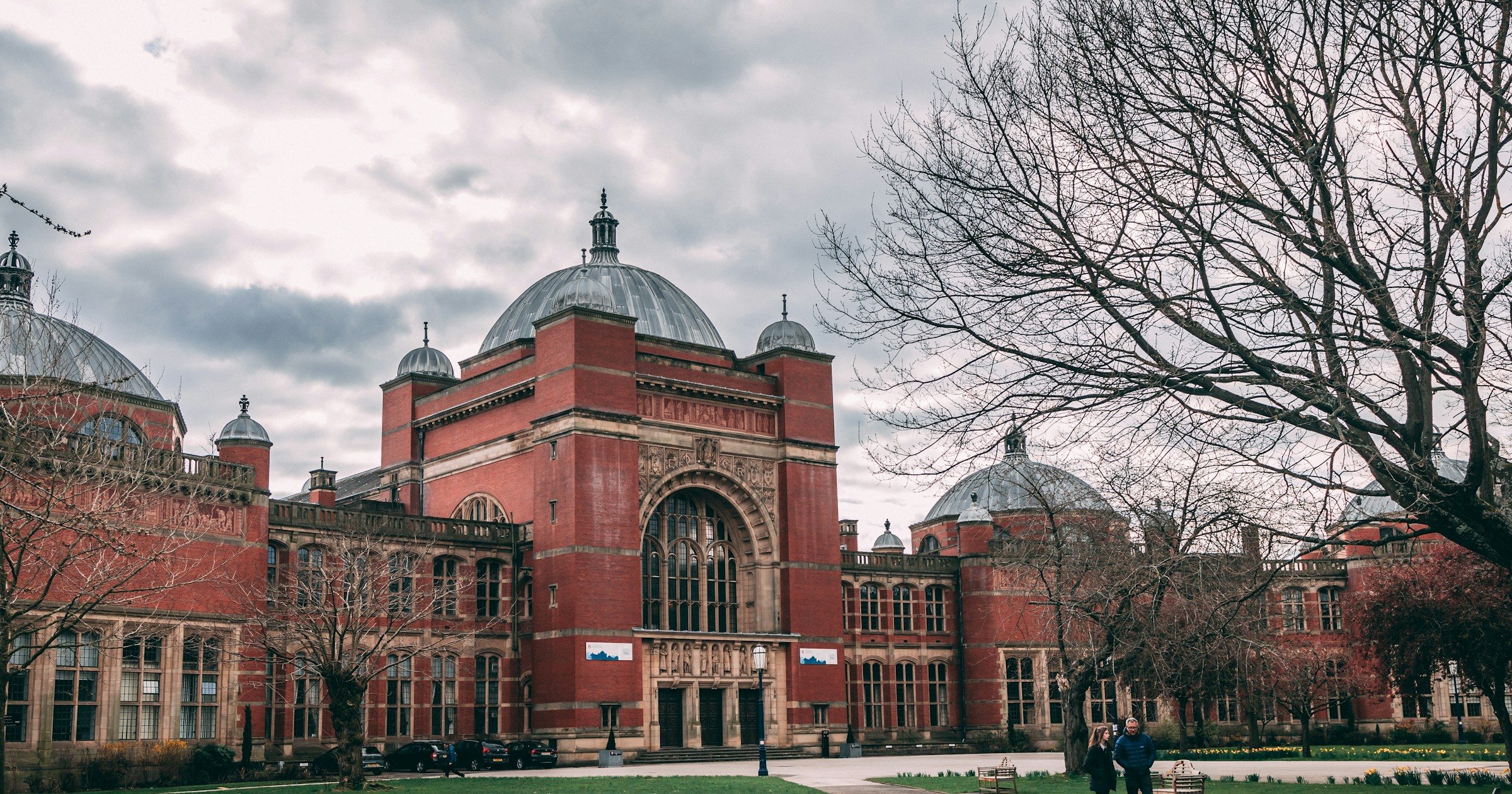
News Writer Colby Lazcano reports on The University of Birmingham and Hindustan Petroleum Corporation Limited announcing partnership on a hydrogen project
On the 27th of February, both UoB and Hindustan Petroleum Corporation Limited (HPCL), a company under the Ministry of Petroleum and Gas in India, announced a partnership on the development of a Hydrogen Dispensing Station (HDS). This partnership aims to provide new sustainable fuel for transport, ultimately aiding India’s aspirations of having 50% of their electric energy be non-fossil fuel based by 2030. Vice-chancellor Adam Tickell has said of this partnership, ‘This project could revolutionise the Indian hydrogen supply to the road, rail, and marine logistics sector – creating a net positive impact on the country’s hydrogen market, enabling innovation.’
This project could revolutionise the Indian hydrogen supply to the road, rail, and marine logistics sector – creating a net positive impact on the country’s hydrogen market, enabling innovation.’
HDS is an on-site method of delivering clean hydrogen to a transport vehicle, with the Hydrogen Fuel Cell as its method of production. The cell works via electrolysis, an electricity-based process that breaks down water into hydrogen and oxygen gas. The hydrogen gas is then transported to a low-pressure storage tank and compressed to high pressures of either 35 MPa (over 345 times the atmospheric pressure at sea level) or 70MPa (nearly 691 times the sea level atmospheric pressure). After compression, the hydrogen is placed in a high-pressure storage tank which can handle the strong conditions. As a result of the high pressure, the temperature of the hydrogen increases to an unsafe value so a Pre-Cooling Unit is used to lower this temperature to a safer level, in accordance with the SAE J2601 Protocol, which was established in 2014. Finally, a dispenser moves the hydrogen to the transport vehicle.
At the time of the 13th of September 2023, India only has two HDS, compared to over 1000 worldwide, yet the Government of India has desired to complete its’ National Green Hydrogen Mission and the Ministry of New and Renewable Energy has stated that ‘The Mission will lead to significant decarbonisation of the economy, reduced dependence on fossil fuel imports, and enable India to assume technology and market leadership in Green Hydrogen.’ Currently, the majority of India’s energy comes from coal (73% in 2022), of which the nation requires a high amount of energy especially during the extremely high temperatures that India faces each year, in order to meet the demand of its citizens.
On the other side of the partnership, UoB has already undertaken projects regarding Hydrogen Fuel Cells before, with it being a partner of the EU Project H2SHIPS, with the aim of using sodium borohydride and ultra pure water to provide hydrogen fuel that can power a shipping vessel. As well as this, another project partnership is with NewGenSOFC, which aims to further develop knowledge and innovation of mSOFCs, a group of eco-friendly fuel cells.
The UoB, in its announcement of the partnership, said that collaboration between members would consist of a range of aims: ‘Provide consulting support during the development and implementation phases of the refuelling system’, ‘Monitor system data during deployment phases to determine the life cycles of various components’ and ‘Develop local supply chains for making the dispensing stations in India.’
Read more News articles here:
UoB Ranks 35th in 2024 QS Sustainability Rankings
Birmingham Family’s Four-Year Plea for Help in ‘Unsafe’ Council Flat Nightmare
Women Can Recall Events of Sexual Assault With Accuracy, Even When Intoxicated
Comments